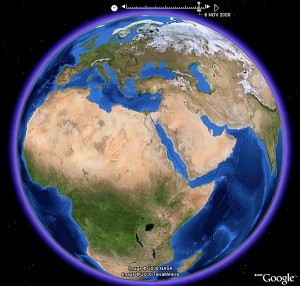Although my high school days are long gone, one lesson from a biology class stays with me. Warnings from scientists like this underscore the importance of that lesson.
We students conducted an experiment where we inoculated an agar-filled Petri dish with a microorganism. The agar supplied the needs of this microorganism. Each day we used microscopes to count the number of microorganisms. Supplied with all its needs, the microorganism population grew logarithmically, until suddenly there was a massive population dieback.
The microorganisms had used much of their available resources and excreted so much waste that their finite environment could no longer support them. The teacher explained to us that all populations of animals, from amoebas to zebras, can experience the same sort of exponential growth, when resources seem infinite, followed by massive population dieback once resources are depleted and wastes build up.
Of course, balanced ecosystems provide mechanisms to keep populations in balance. But humans are drastically upsetting ecosystems worldwide.
At the same time I was taking that class, photos of Earth taken from space profoundly impacted me. Though it was never said in class, it was obvious that the Earth is humanity’s Petri dish. Humanity is on that path of logarithmic population growth. Our wastes foul the planet and we are eating ourselves alive for something, anything to burn for energy.
The journal Nature, which currently feature’s the warning about Earth’s dire state from the scientists, notes that the Rio+20 Summit offers a second chance for our only home, Earth.
OVEC Executive Director Janet Keating will be at the summit.







